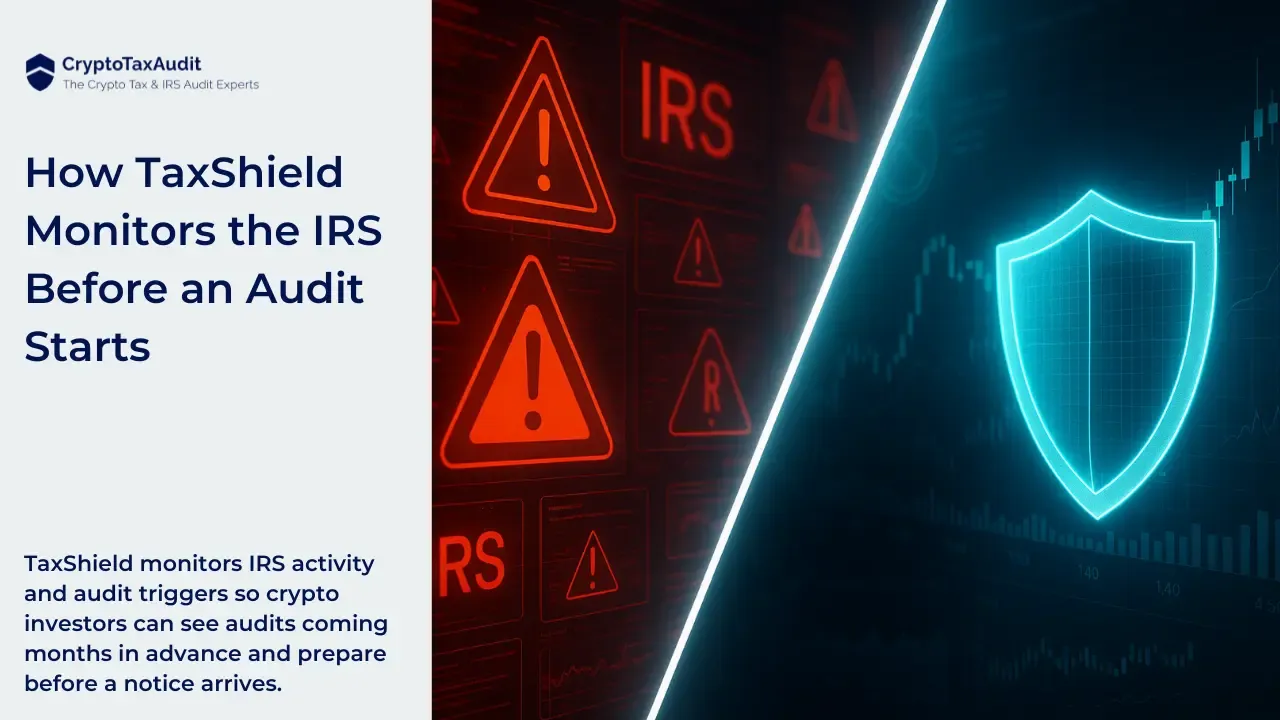S Corporations
Jan 01, 2023What You Need to Know About S Corporations
S corporations are corporations that elect to pass income, losses, deductions, and credits through to their shareholders for federal tax purposes. Shareholders of S corporations report the flow-through of income and losses on their personal tax returns and are assessed tax at their individual income tax rates. This allows S corporations to avoid double taxation on the corporate income. S corporations are responsible for tax on certain built-in gains and passive income.
To qualify for S corporation status, the corporation must meet the following requirements.
- It must be a domestic corporation.
- It must have only allowable shareholders.
– Allowable shareholders include individuals, certain trusts, and estates.
– Unallowable shareholders include partnerships, other corporations, and nonresident aliens. - It must have no more than 100 shareholders.
- It must have only one class of stock.
- It may not be an ineligible corporation, such as certain financial institutions, insurance companies, and domestic international sales corporations.
In order to become an S corporation, the corporation must submit Form 2553, Election by a Small Business Corporation, signed by all the shareholders.
Corporate Formalities
Some or all of the benefits of establishing a corporation are lost when corporate formalities are not strictly followed. When a corporation is formed, a separate entity is created, with legal rights and responsibilities that are distinct and separate from the shareholders.
Corporate Veil
Corporations are often formed for purposes of protecting shareholders from liability. However, if formalities are not followed, the corporation is not adequately capitalized, or personal and corporation funds are intermingled, the corporate veil can be easily “pierced” by a court, which results in personal liability for the shareholders.
Reasonable Wages
Since a corporation is a separate legal entity, shareholders performing services for the corporation are treated as employees and must be paid reasonable wages for the duties performed. Even with a single-shareholder corporation, federal and state payroll taxes must be withheld and a year-end W-2 must be submitted, just as with any other employee.
IRS Issues
If tax formalities are not followed, such as reasonable wages being paid to shareholders, the IRS can reclassify income and expenses, causing unwanted tax consequences.
S Corporation Forms
Annual Return of Income—Form 1120-S, U.S. Income Tax Return for an S Corporation
A corporation or other entity must file Form 1120-S if:
- It elected to be an S corporation by filing Form 2553,
- The IRS accepted the election, and
- The election remains in effect.
Estimated Taxes
An S corporation may need to make estimated tax payments if it expects to owe taxes on certain built-in gains or passive income. Corporations must use electronic funds transfers to make all federal tax deposits, including installment payments of estimated tax.
Employment Taxes
- Social Security and Medicare taxes and income tax withholding - Form 941, Employer’s Quarterly Federal Tax Return. Generally, each quarter, all employers who pay wages subject to income tax withholding or Social Security and Medicare taxes must file Form 941 by the last day of the month that follows the end of the quarter.
- Federal unemployment tax (FUTA) - Form 940, Employer’s Annual Federal Unemployment (FUTA) Tax Return. Generally, the FUTA tax applies to the first $7,000 paid to each employee during a calendar year after subtracting any payments exempt from FUTA tax.
- Depositing employment taxes. Employers must deposit federal income tax withheld, plus both the employer and employee portion of Social Security and Medicare taxes, plus or minus any prior period adjustments to tax liability. All taxpayers must use the Electronic Federal Tax Payment System (EFTPS) to make federal tax deposits.
- State payroll tax requirements. The corporation should check with each state in which it conducts business or has employees to ensure the state requirements are met.
Individual Forms
Income Tax—Form 1040, U.S. Individual Income Tax Return, and Schedule E, Supplemental Income and Loss
Schedule E (Form 1040) is used by the shareholder to report income or loss from the S corporation as provided to the shareholder on Schedule K-1 (Form 1120-S). Losses from S corporations are limited to the shareholder’s basis. Other separately stated items from Schedule K-1 (Form 1120-S) are reported on various forms and schedules of the shareholder’s Form 1040.
For tax years 2018 through 2025, unreimbursed business expenses paid by an S corporation shareholder are not deductible as employee business expenses.
Estimated Tax—Form 1040-ES, Estimated Tax for Individuals
Estimated tax is the method used to pay tax on income that is not subject to withholding, such as S corporation income.
S Corporation Advantages/Disadvantages

Copyright © 2024 Tax Materials, Inc.
All Rights Reserved





